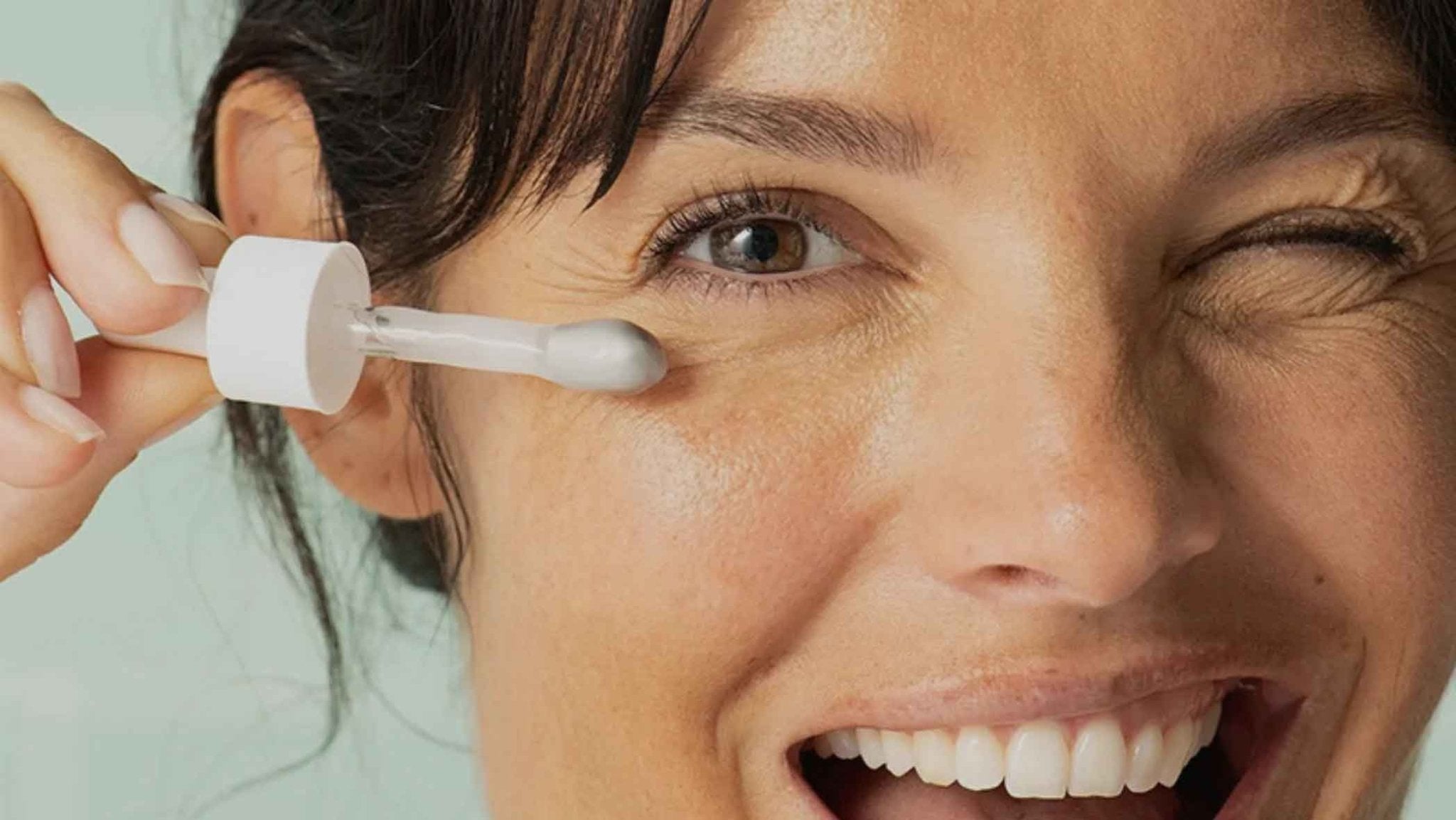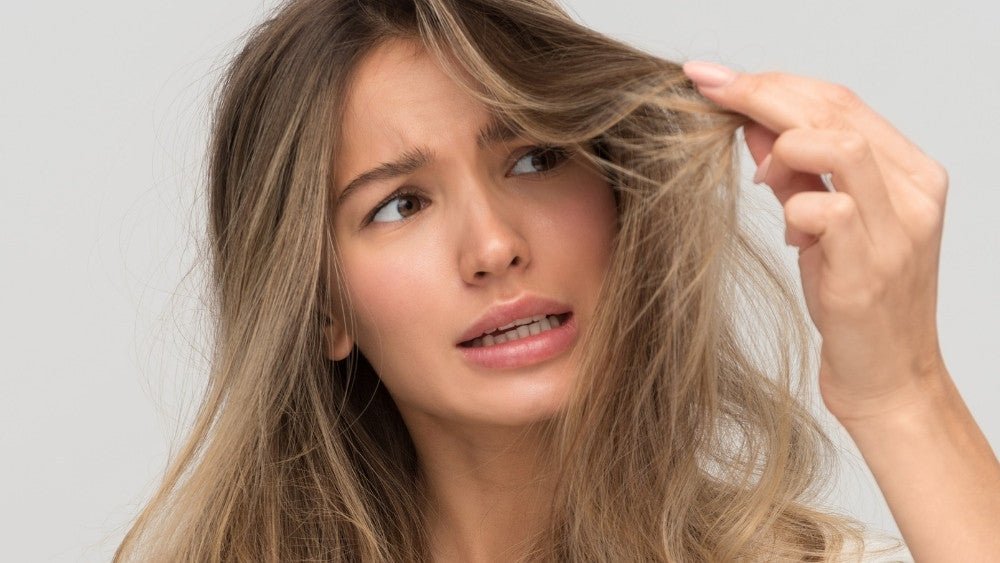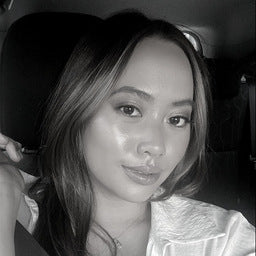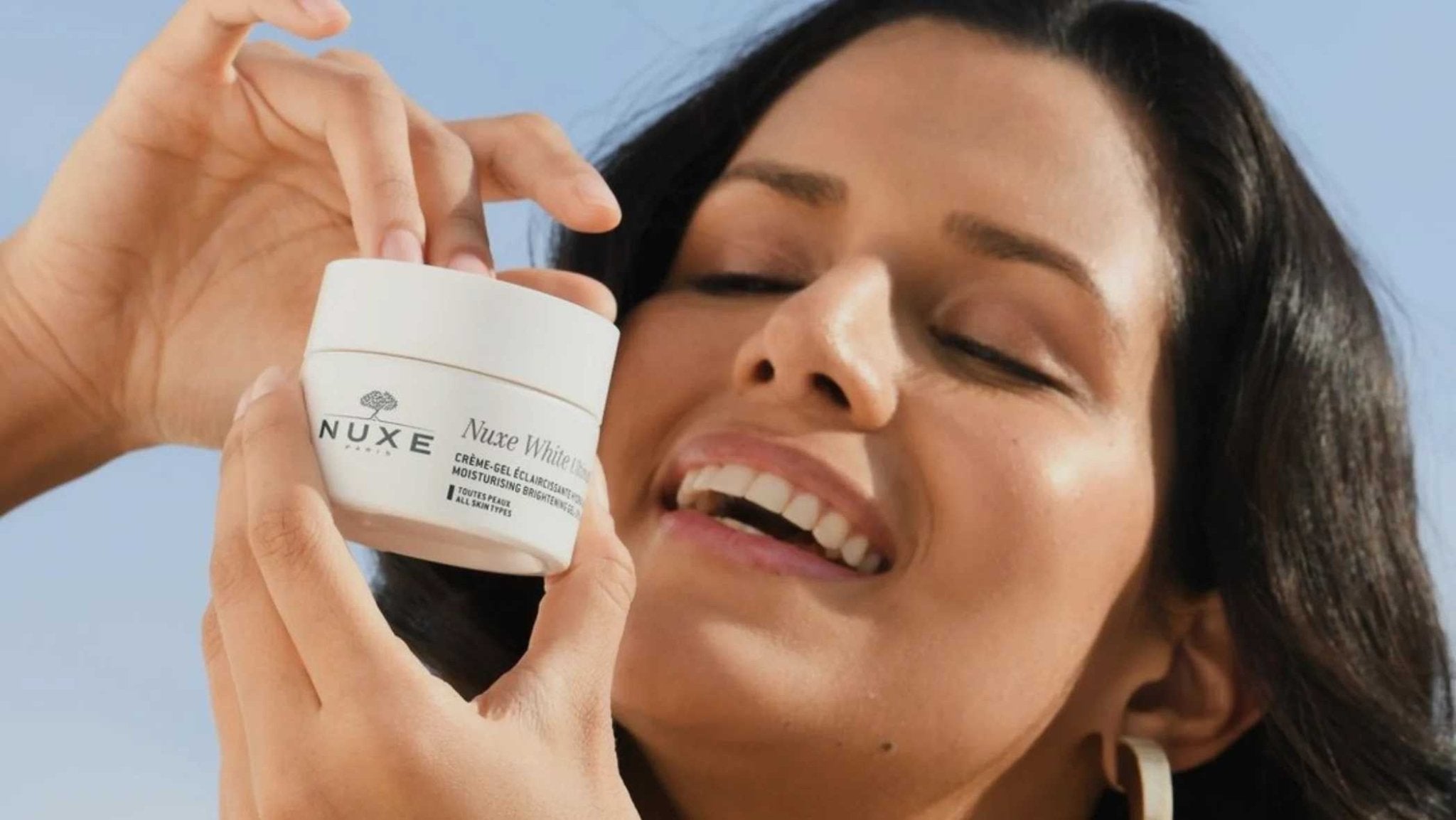If you have always wondered why skincare routines in the morning always end with sunscreen. We hold the answers!
Hot weather, especially during the summer, means fun under the sun and heading out of town. Regardless of whatever activities you might take part in, whether hanging out with your family indoors or going on vacation outdoors, it is still crucial to protect our skin from the sun's harmful rays. Before, zinc was more common, now there are lots of different forms of sunscreen that has become popular.
All sunscreens protect the skin from harmful ultraviolet (UV) rays. Zinc forms a physical shield that blocks UV rays, while sunscreen absorbs UV rays before your skin can.
Although some of us might have levelled up our skincare routines, sun protection remains vital even if we stay indoors. Keep scrolling down to learn why!
Why sunscreen is important
- Reduces Sunburn - Quite simply, you can get sunburned if you spend plenty of time outside without sunscreen. If you also continue to get sunburn, it can result in skin cancer, premature signs of ageing, and other issues.
- Keep Your Skin Tone Even - Aside from sun damage, excess sun exposure can cause uneven skin tone, like brown spots and discolouration. One way you can prevent them is to wear sun protection like sunscreen.
- Reduces Inflammation - Exposure to the sun's ultraviolet rays can result in painful redness and inflammation, which can be challenging for those with skin issues like rosacea and psoriasis. Wearing sunscreen can shield your skin from inflammation and the sun's harmful rays.
- Lowers Risk of Skin Cancer - Over time, too much UV exposure damages the DNA inside skin cells. When this damage is permanent, it causes the cells to grow uncontrollably, leading to all forms of skin cancer. Sunscreen blocks this UV exposure and prevents sun damage.
What you should be looking for in your sunscreen
- UVA (Ultraviolet-A) Protection - UVA rays are considered "ageing rays" because they cause tanning, wrinkles, sun spots, and premature ageing. UVA rays can penetrate through windows.
- UVB (Ultraviolet-B) Screening - UVB rays are associated with skin burning and cannot penetrate glass but cannot penetrate as deeply as UVA. However, overexposure to UVB rays can lead to skin cancer like UVA rays. Exposure to UVB occurs outdoors and reaches the outermost layer of your skin.
- A Formula That Suits Your Skin Type and Skin Tone - You need a formula that suits your skin type and tone, as those with melanated skin would prefer a chemical formula due to the white cast left behind by mineral formulas. If you have sensitive skin, you should avoid sunscreen with fragrance. A matte formula is good for oily skin because it absorbs excess sebum.
Tips
- Use Broad Spectrum sunscreen. Broad Spectrum Sunscreen protects your skin from harmful UVA (ultraviolet A radiation) and UVB (ultraviolet B radiation) rays. This will shield your skin from UVB and UVA rays. Most dermatologists recommend using SPF 30 or more. SPF is short for "sun protection factor," but SPF only indicates protection against UVB or "burning" rays. This measures how well a product protects you from the sun's UVB rays. Top-of-the-line sunscreens include Avene Sunscreen Lotion SPF 50+ and Avene Sunscreen Aqua Fluid SPF 50+.
- Put on sunscreen 30 minutes before heading out. Apply sunscreen 30 minutes before going out under the sun because your skin can take up to a half-hour to absorb the sunscreen.
- Reapply every two hours when under the sun. Sunscreen can also get disrupted over time. Additionally, reapplication can help ensure consistent protection from UV rays throughout prolonged periods of sun exposure.
- Stay out of the sun from 10 AM to 4 PM. From 10 AM to 4 PM, the sun's rays are at their peak strength. Wear protective clothing and reapply sunscreen if you need to go out under the sun. Healthline says the best time to get your Vitamin D is midday, especially during summer. Studies indicate that the body is most efficient at making vitamin D at noon.
- Check the UV index - Most weather apps show the current UV, so even if its an overcast day, UV can be high. Be sure to check your app and then slip slop slap.
- Apply sunscreen even indoors. Connecting sentence Although bluelight does not burn your skin, prolonged exposure can cause eyestrain, headaches, and pigmentation on the skin.
No sunscreen can provide you total protection against the sun and its harmful rays, but by taking precautions and applying (and reapplying), you can help protect your skin from the sun and possible skin cancer. As much as possible, try to avoid going outdoors when the sun's rays are strongest. However, if there is a reason that you have to go outdoors, then your best weapon of choice against the sun’s rays is sunscreen. You'll need sunscreen with a formulation that works for your skin type and has at least SPF 30.
Since 2017, French Beauty Co has been the go-to destination for French skincare and beauty! Aside from formulations that utilise natural ingredients, French skincare has stronger and smoother formulas for sunscreens.








